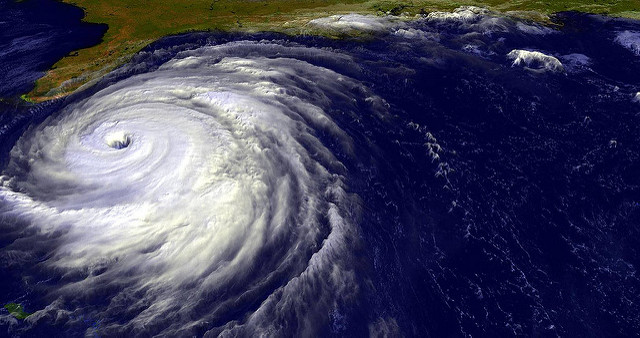
In 2001, the Founder of the Coaching Profession helped me get ready for Covid-19.
He also helped me thrive through 9/11 in New York City. Unfortunately, Thomas passed of natural causes in 2003, but his influence still prepared me to flourish through the Covid pandemic.
How am I flourishing? Well, my online business is doing great in the shut down and I just took my blood pressure. It's 97/67. I'm not special. Here's how Thomas Leonard helped me get here...
Thomas was a self-described worrier. He was also a massive risk-taker. That's a tough combination. But he was endlessly creative and among his many brilliant approaches to coaching are some that are designed to boost confidence for even the biggest scaredy cats so they can take big risks to reach their cherished goals. What follows is just one approach that works for me...
Twenty years ago, before paranoid preppers were a joke, Thomas found a simple way to get ready for almost anything and thereby raise your confidence and lower your anxiety. (Here's my distinction between paranoia and anxiety: The first is a sense of threat that people are out to get you. The second is a worry that things will go wrong and you won't be able to handle it. It's normal to feel anxious if you're unprepared.)
This approach eliminates the greatest source of human suffering.
Thomas created a checklist called, Super Reserves, that helps people develop a reserve of almost anything they could ever need because when our needs are met, we are freed to live our best lives. Until our needs are met, we unconsciously suffer and chase what we don't have instead of enjoying what we do have and creating what we really want. That word, need, is important because this concept is related to Abraham Maslow's Hierarchy of Needs, which you probably learned about in a course on psychology. It's a precursor to positive psychology.
Reserves sound like they couldn't possibly work but my story, below, demonstrates the dramatic shift they cause.
I got my very first coaching client the week of 9/11 when I was still living in New York City. I was studying coaching with Thomas Leonard and also had a successful personal training business that I eventually transitioned out of. But those weeks after the terrorist attacks were filled with bomb and terror threats (90 false threats on September 12th, alone). It was still possible to drive in and out of Manhattan and even park for free, in those days, but the threats and resulting twelve-hour traffic jams were constantly shaking me up.
I was terrified.
I talked to a psychotherapist friend who said the best antidote to anxiety is to take action. I reviewed my options for taking action. Could I stop the threats? No. Could I stop seeing my clients? No. What was the worst that could happen? I'd be caught in a terrorist attack. What was likely to happen? I'd get stuck in an epic traffic jam. What would I need if one of those events occurred? Ah! That's where Reserves came in.
I made a plan.
Honestly, I thought it was kind of silly, but I decided to follow Thomas' Reserves approach and get ready for "anything". So I got out an old gym bag that I carried in my car and started filling it with whatever I might need if something bad happened: masks, goggles, extra clothes, a blanket, comfortable shoes, food that would "keep", water, etc., etc.
What happened?
At some point, my anxiety vanished because I knew I was prepared. Did I ever need the stuff? Nope! But it already did its work: I was happier, more relaxed, and able to show up at my best to coach the many traumatized New Yorkers that I had the honor to work with over the next year.
You see, your nervous system has two basic modes.
One is optimized for connection and works best when you're relaxed. The other is optimized for protection and is triggered when needs aren't met. We tend to be at our best during connection and are more attractive and able to see opportunities and possibilities, but our unconscious behavior is more negative and off-putting when we're in protection mode and we tend to see problems everywhere. Both modes are needed sometimes but connection is often needed more. Filling my needs with reserves put my nervous system in connection mode.
So how did this prepare me for the current pandemic?
I never forgot that Reserves lesson. Now I always keep things on hand that I might someday need. When toilet paper was in short supply, I already had a case of it. When we found out we needed masks, I already had a box of N95 masks. I was also able to donate masks to first responders and healthcare workers, which felt a lot better than panicking because there was a shortage. My business was already online and I work from home and have experience training others to do the same so business is good. I could go on and on...
I was ready, so I could relax and help instead of panic.
I train coaches to coach their clients to be ready for anything, because in the age of the Climate Crisis, anything can happen. If you'd like to learn more about the ultimate work-from-home profession, download the free Become a Coach eBook, below.








